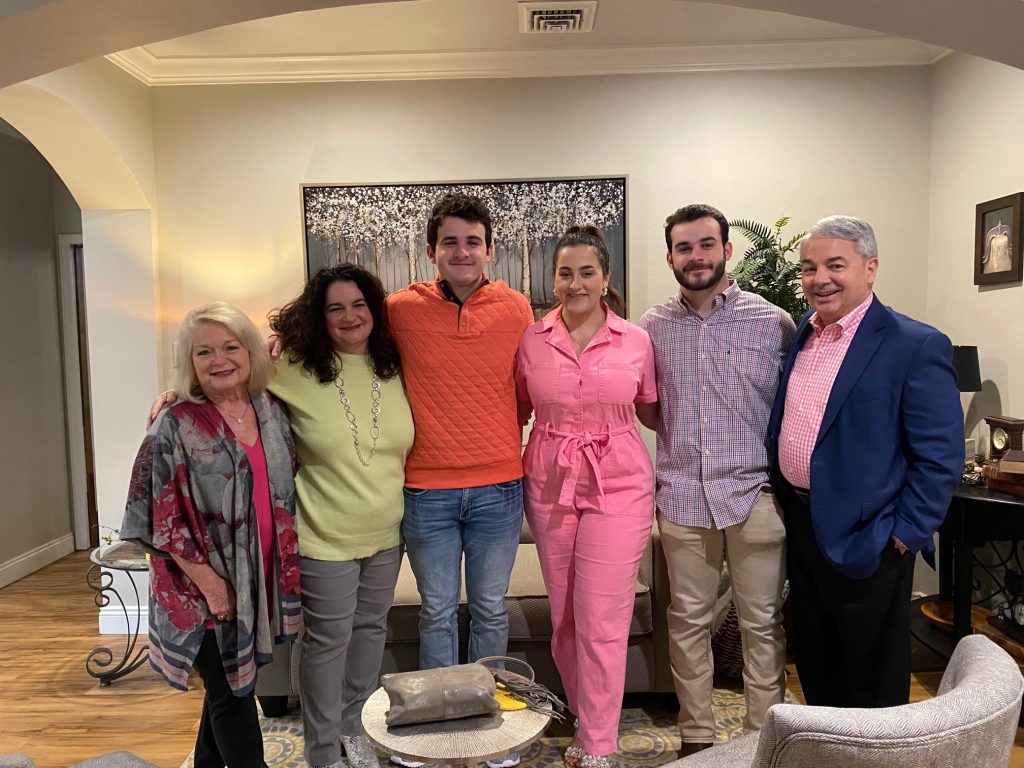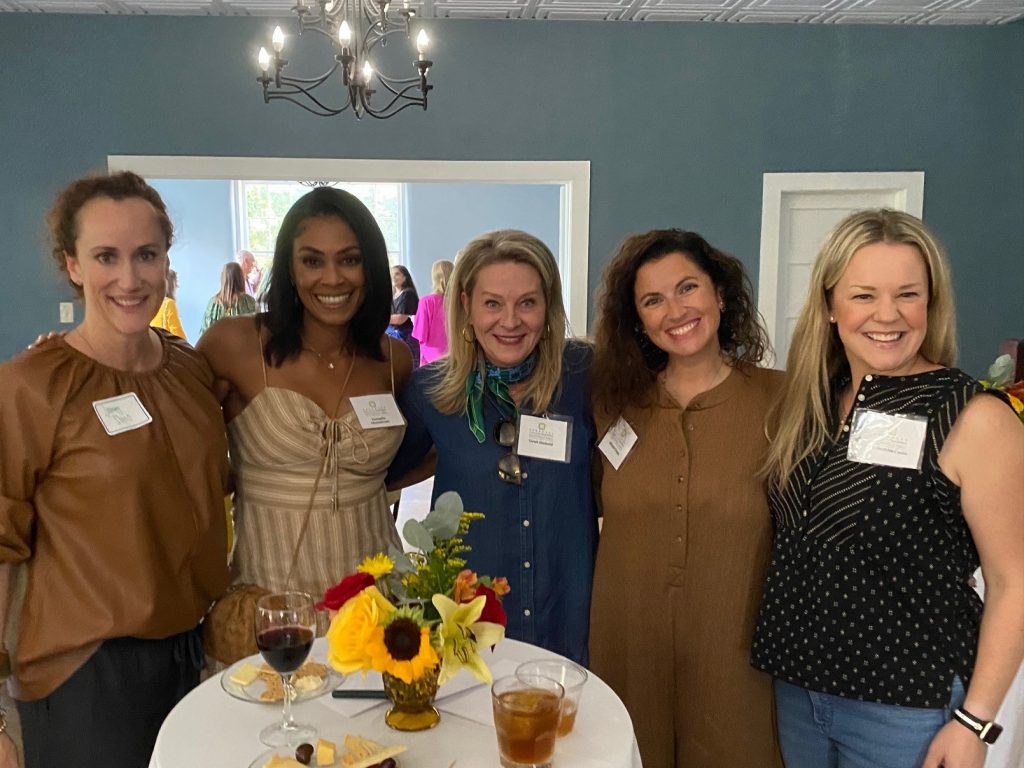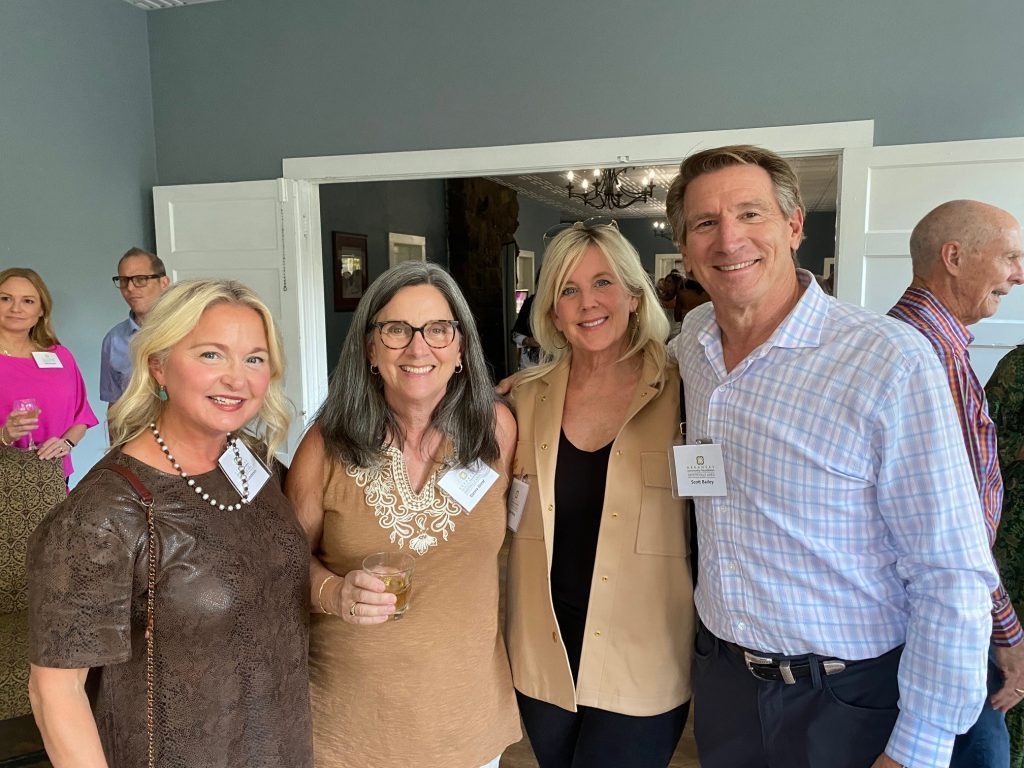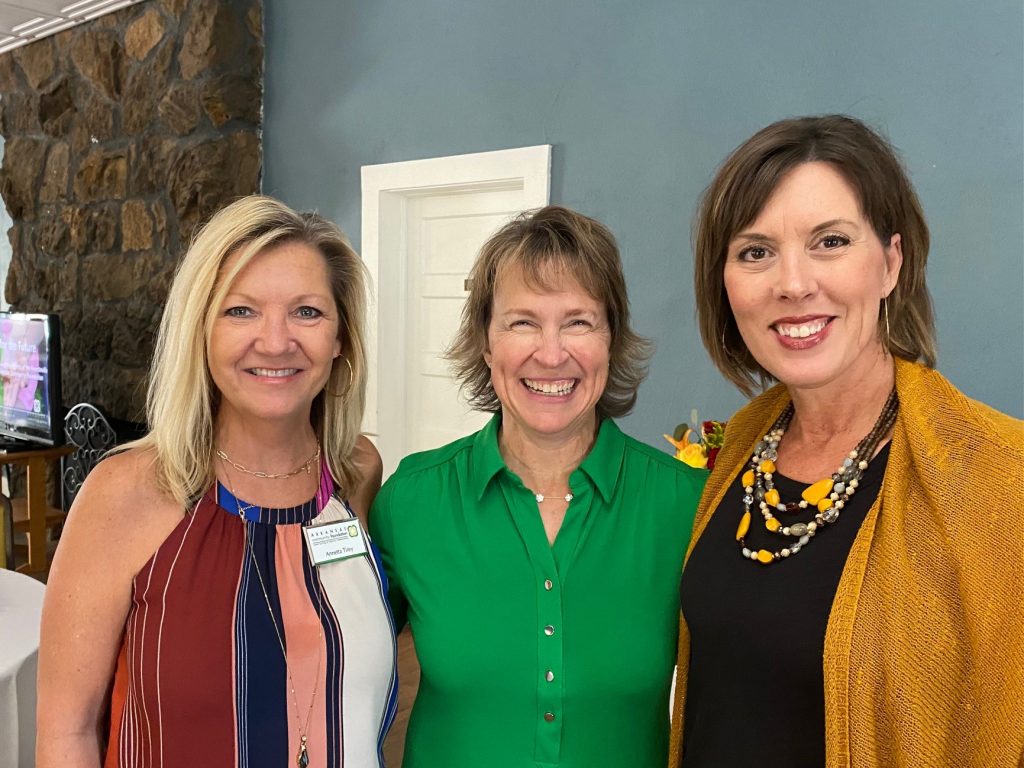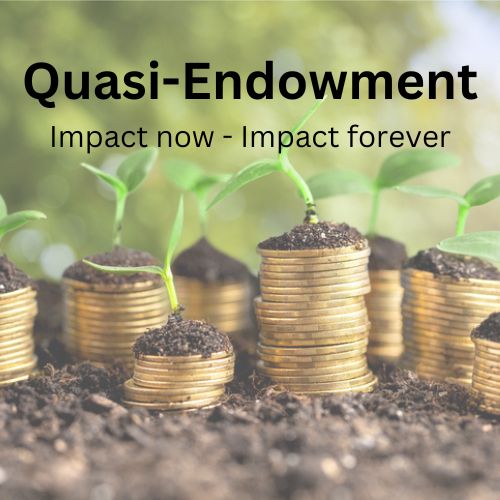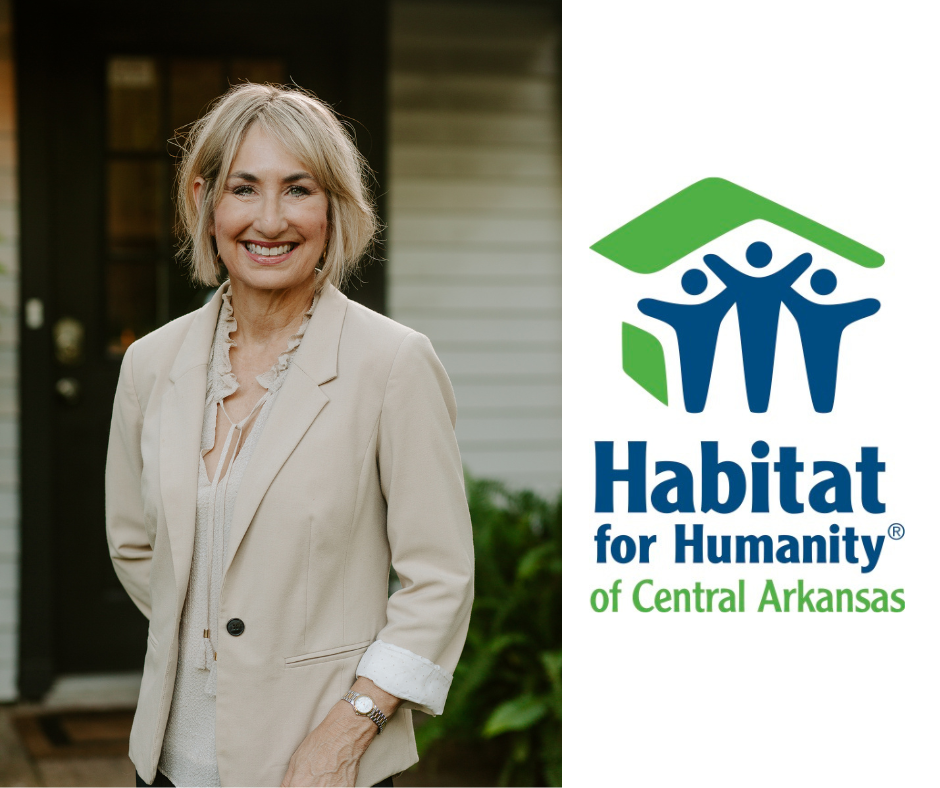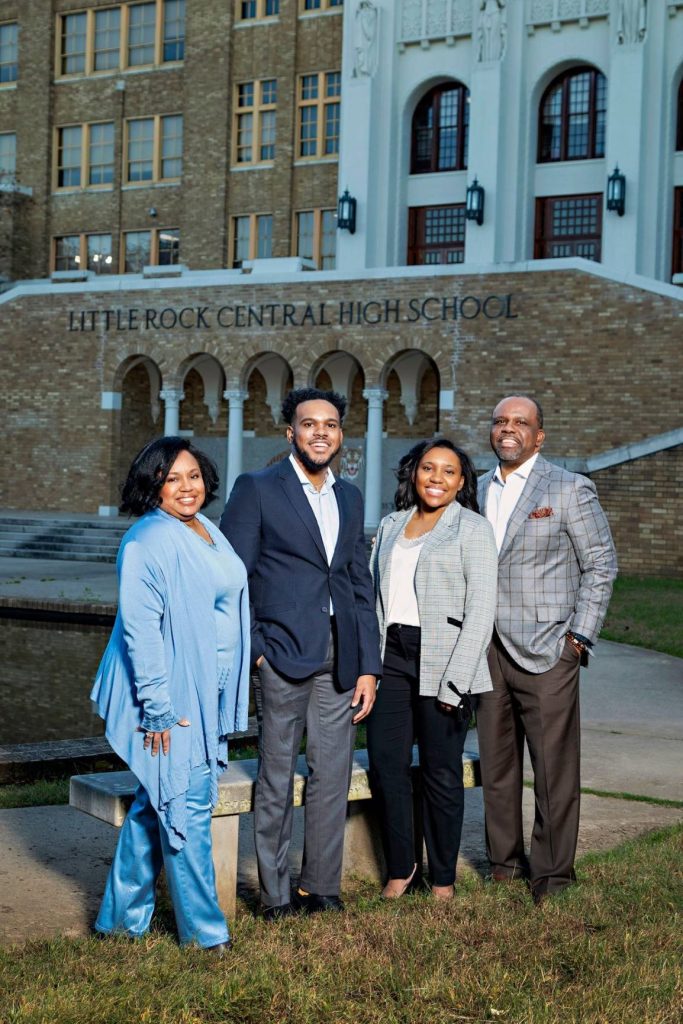It doesn’t take long to start enjoying yourself when talking to Nicole and Darrin Williams. Darrin, a Little Rock native and Central High alumnus who serves as CEO for Southern Bancorp, and his wife, Nicole, are fundholders with Arkansas Community Foundation. They opened the Nicole and Darrin Williams Family Charitable Endowment in June 2020 to help ensure their legacy of giving and leadership.
The Williams are attorneys who met at Vanderbilt Law School.
Currently living in Little Rock, they raised their children, DJ and Payton, in
central Arkansas. DJ and Payton attended Central High and are now enrolled at Wake
Forest University in Winston Salem, NC and Spelman College in Atlanta, GA
respectively. Darrin is a founding board
member of the Little Rock Central High Tiger Foundation, and the whole family
boasts Tiger pride: Nicole was
PTSA president while her kids were enrolled there, and Darrin was
student-body president in 1986.
Public service and the idea of “giving back” is a deeply
rooted tradition for the couple. Darrin has a distinguished resume of public
service and volunteerism. He served on the Little Rock Planning Commission, in
the Arkansas General Assembly and currently serves on the boards of Arkansas
Children’s Hospital and Hendrix College. Adopted by a minister and schoolteacher,
his most formative years taught him that “giving back is just what you do.” Growing
up “there was never a day that we ate alone as a family. My parents always
welcomed people in need for meals and any other help they could provide. They
modeled that for me,” he said.
Nicole has similar roots. Her father, a former IBM executive
and entrepreneur, has served on the boards of more than 30 community
organizations, and her mother has been a full-time volunteer for many service
and civic organizations and her church’s Christian education department.
“It was important to Darrin and me that we raise our children
to give back. When they were eight years old, we started a tradition to help
foster that spirit of giving. Instead of birthday parties where everyone
brought a gift for our kids, we would buy them one big thing, and then ask
their party guests to donate to a local charity of our children’s choice. DJ
first chose Heifer International and Payton selected the Humane Society when
she turned eight. Each year they had fun choosing different local charities to
support,” said Nicole. “We always had three jars for the kids: church jar,
savings jar and spend jar. 10% to the church, 20% in savings and the rest you
could spend. Now that the kids are in college, they are mostly continuing this
principle, and now they truly see the value in financial management and
planning their charity.”
Nicole is a board member with the Tiger Foundation, a
sustaining member of the Junior League and a member of Alpha Kappa Alpha
Sorority, an organization dedicated to sisterhood and service. Nicole is also actively
involved with the local chapter of The Links, Inc. Links Inc. is a great way to
give back to the community. The organization is approximately 75 years old.
Founded and led by Black women, we award scholarships, promote cultural
activities and events and expose children to art, STEM topics, healthcare
information and more,” Nicole said.
“More than anything, though, our faith guides us,” said
Darrin. “When Nicole and I first started dating while at Vanderbilt, we would
attend church together on Sundays. Those were our first dates! Thankfully, our
faith has shaped our marriage, guided our parenting and can hopefully be felt
in any community leadership where we are involved. We attribute any
accomplishments in life to our faith.”
When asked why they started their fund at Arkansas Community
Foundation, Darrin and Nicole said at the same time, “We wish we’d done this
sooner!” They are working on a legacy of faith and having fun, while giving
back to the causes they care about.
“We are so grateful for the work of the Foundation. If I
could offer any advice to someone exploring charitable giving or starting to
build a legacy, I’d say ‘don’t wait.’ It is liberating and incredibly
fulfilling to have opened a fund. The Foundation makes it easy and gratifying.”



